2022 SPEAKERS & SESSIONS
Discover the first announced speakers and sessions for the 2022 edition!
Discover the first announced speakers and sessions for the 2022 edition!
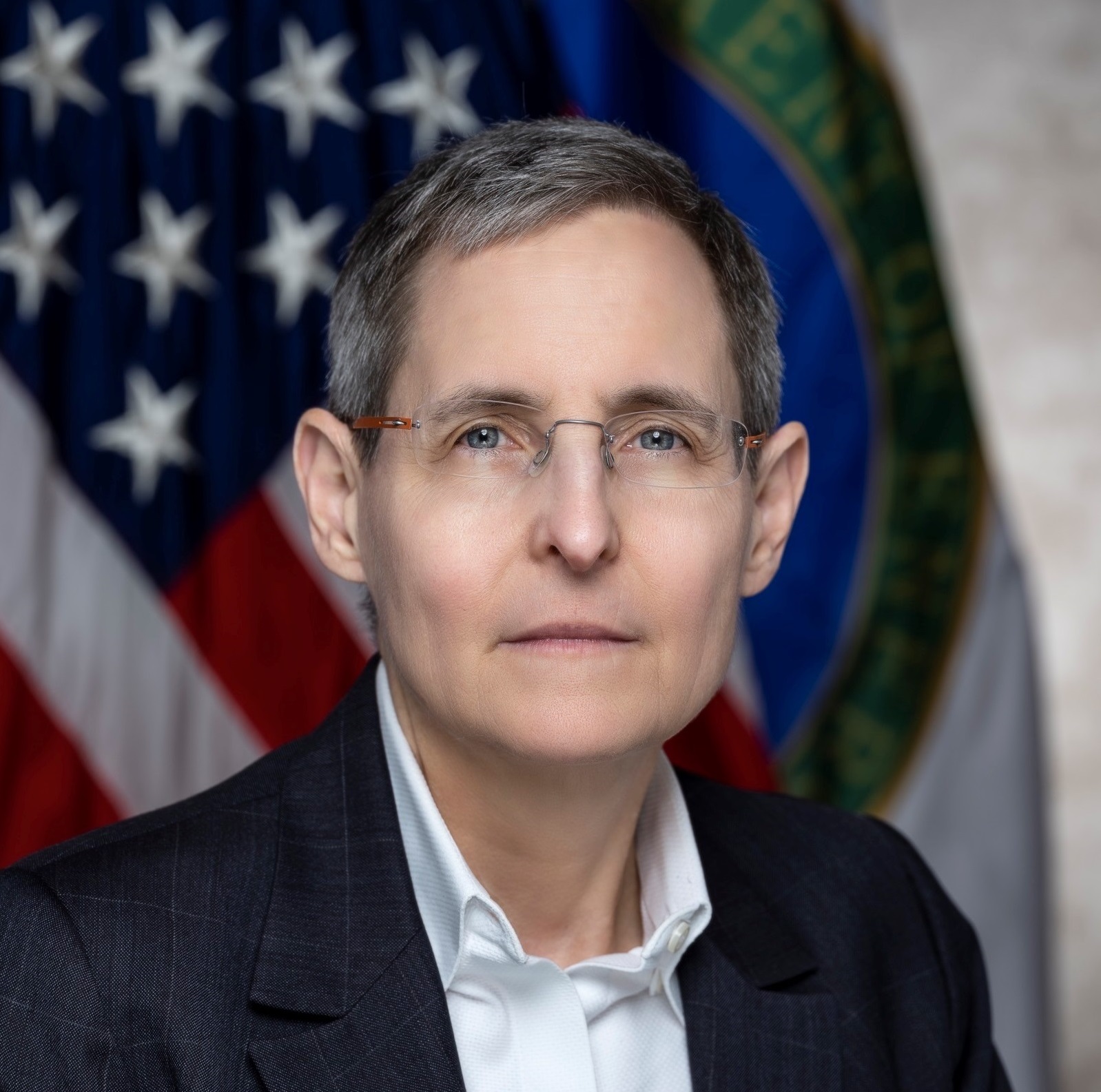
keynote/plenary speakers

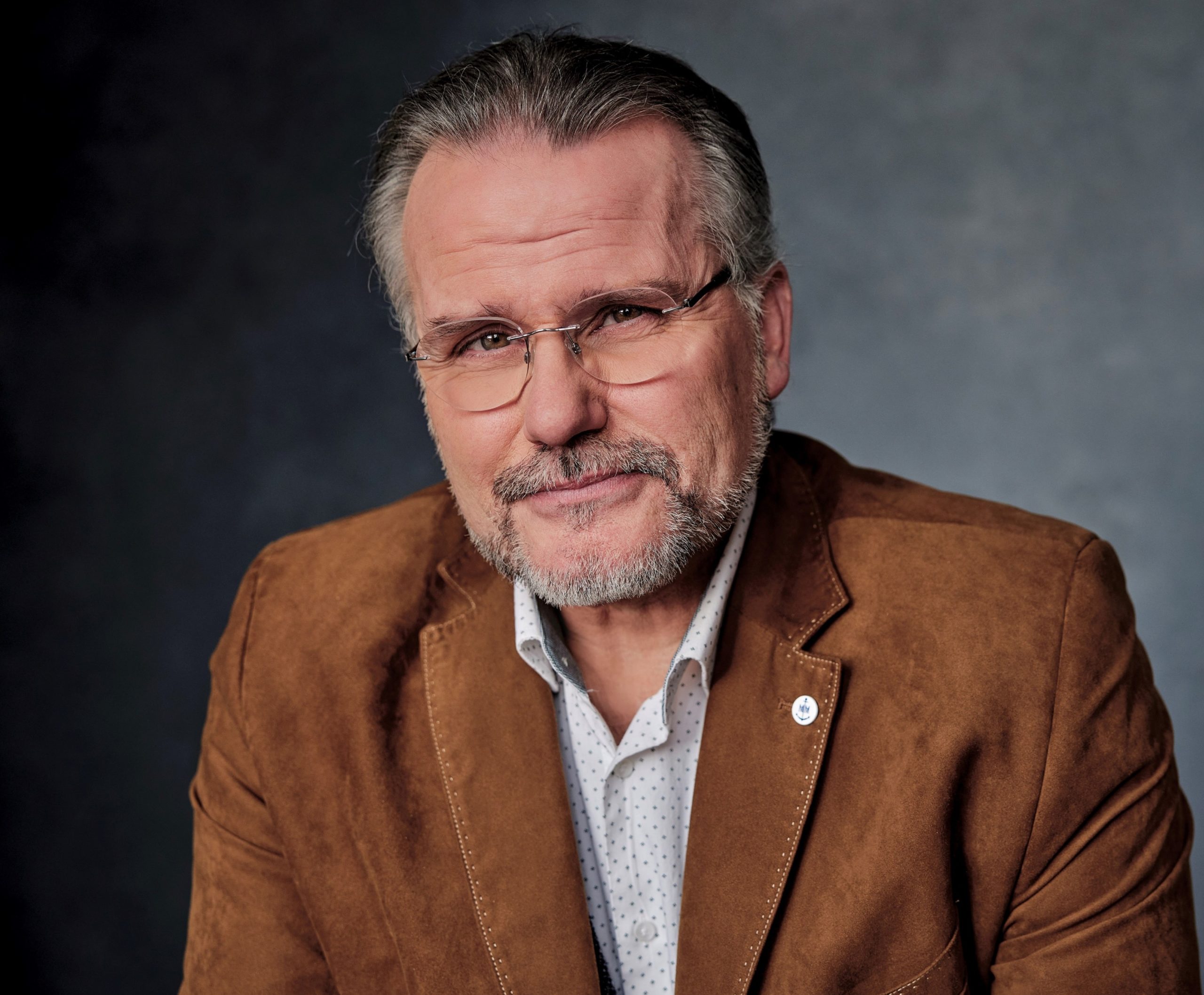
Global Strategic Healthcare Innovation Advisor
keynote/plenary speakers
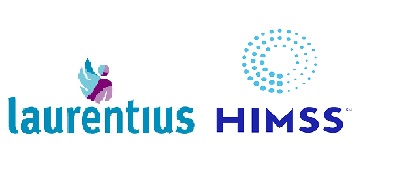
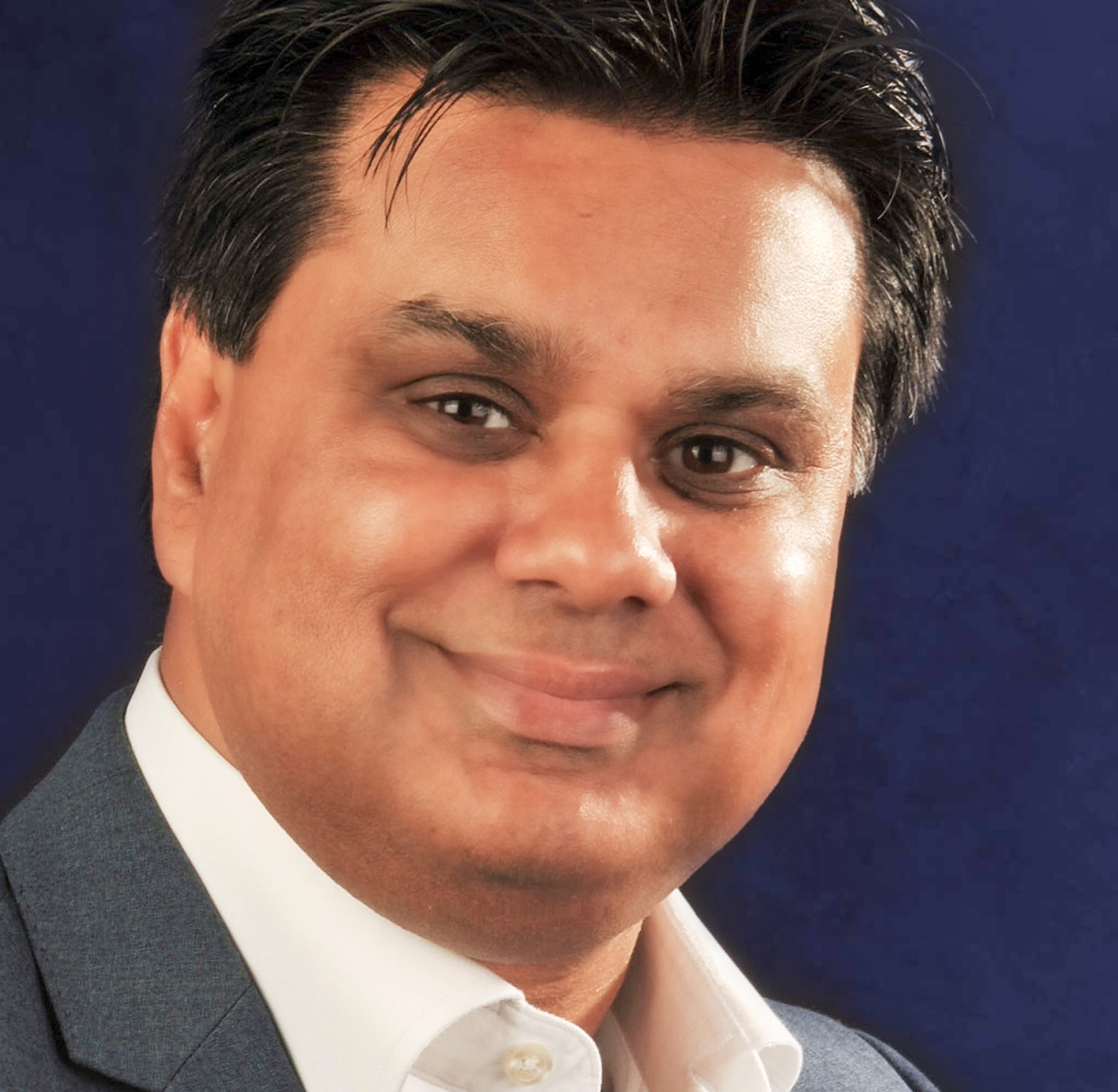
keynote/plenary speakers
Professor & Consultant Colorectal Surgeon

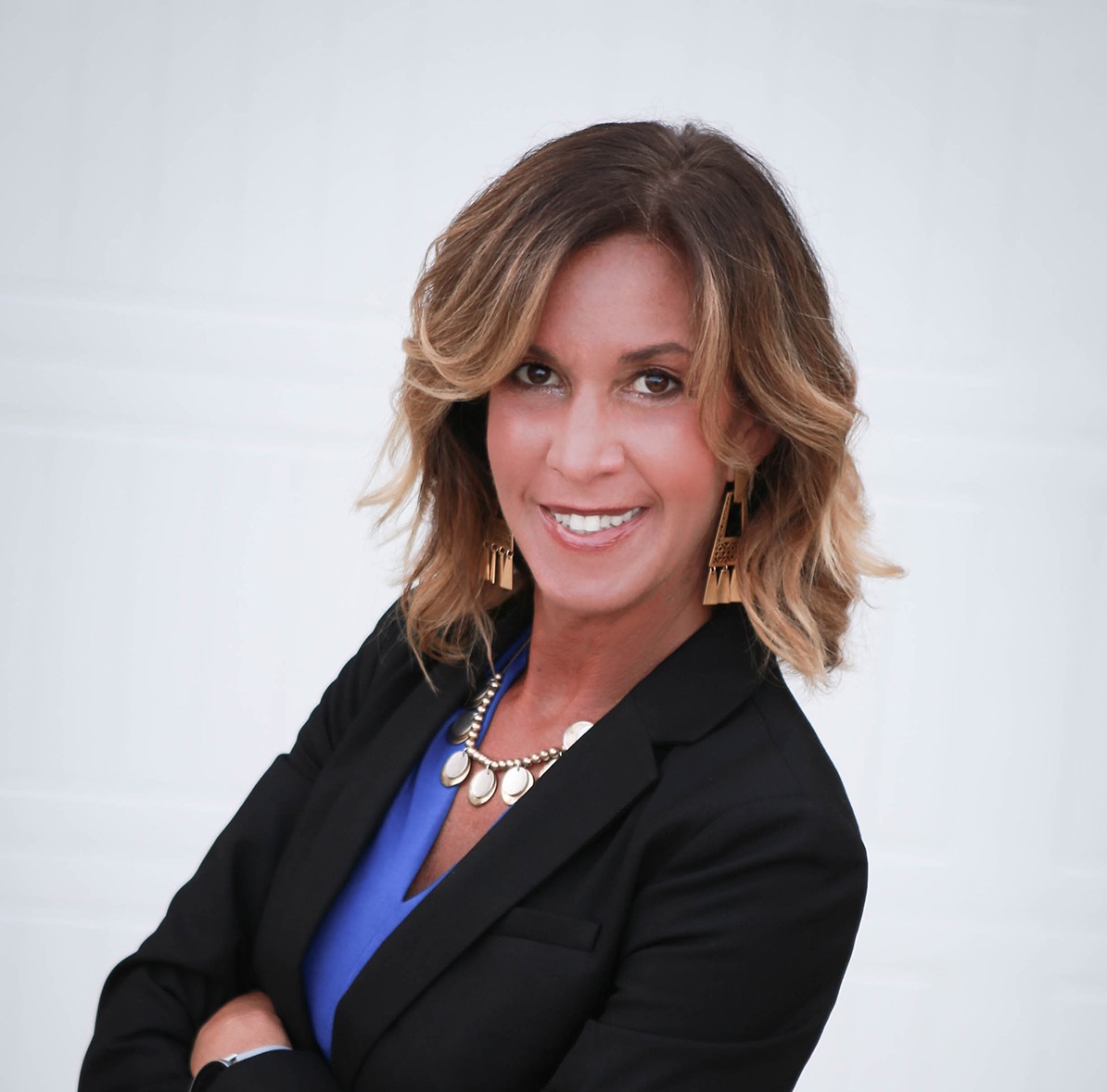
Chief Information Officer

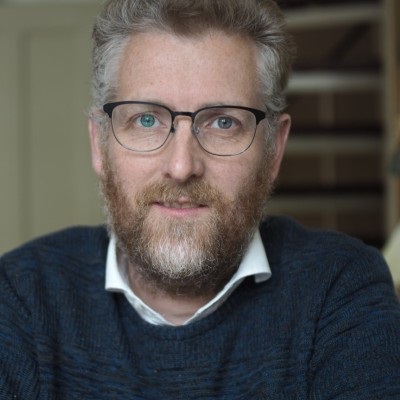
Corporate Enterprise Architect

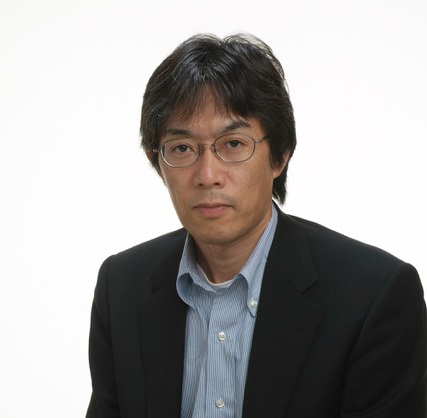
Corporate Vice President of Digital Innovation Technology Center and Corporate Digitization CTO

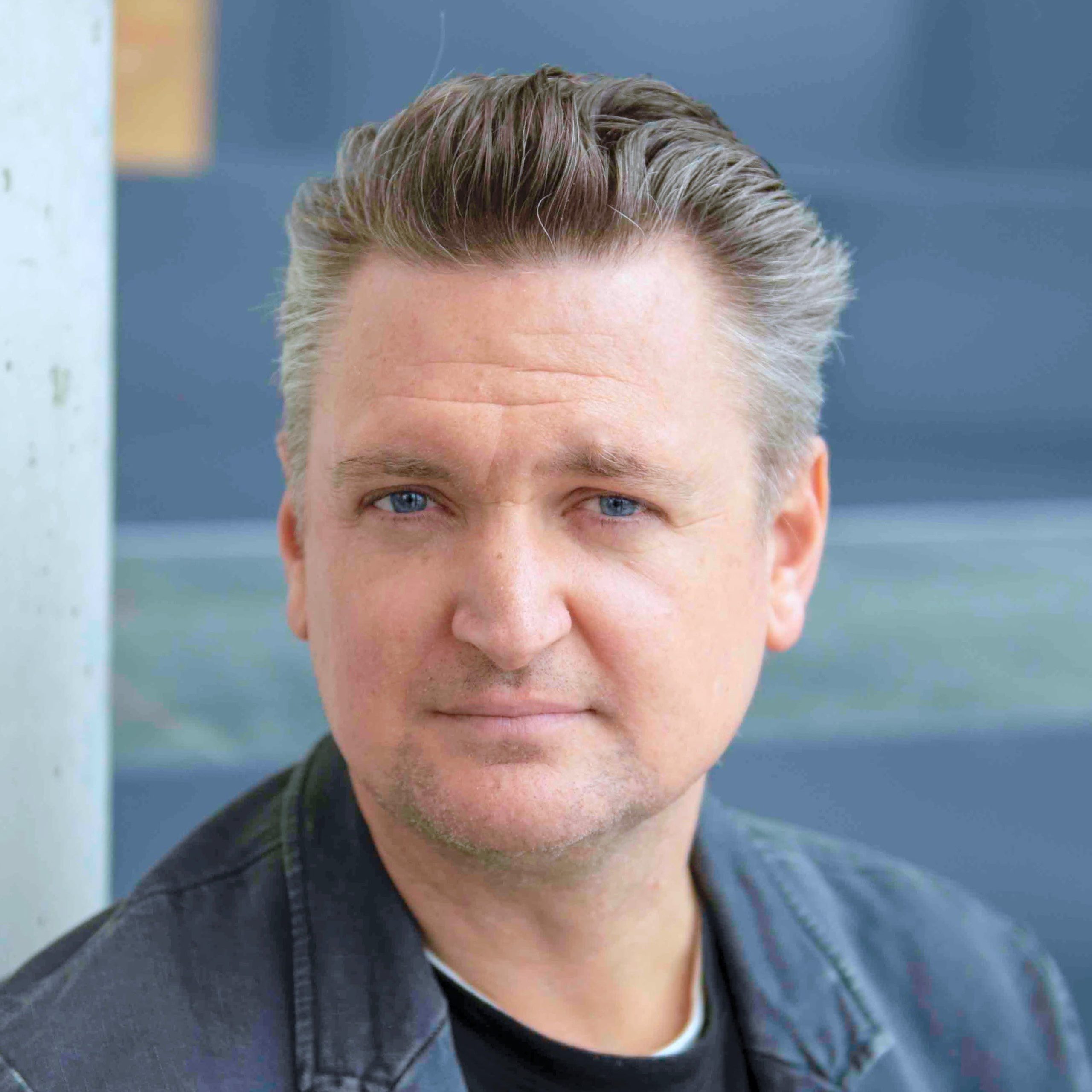
Smart City Strategist & Future City Maker
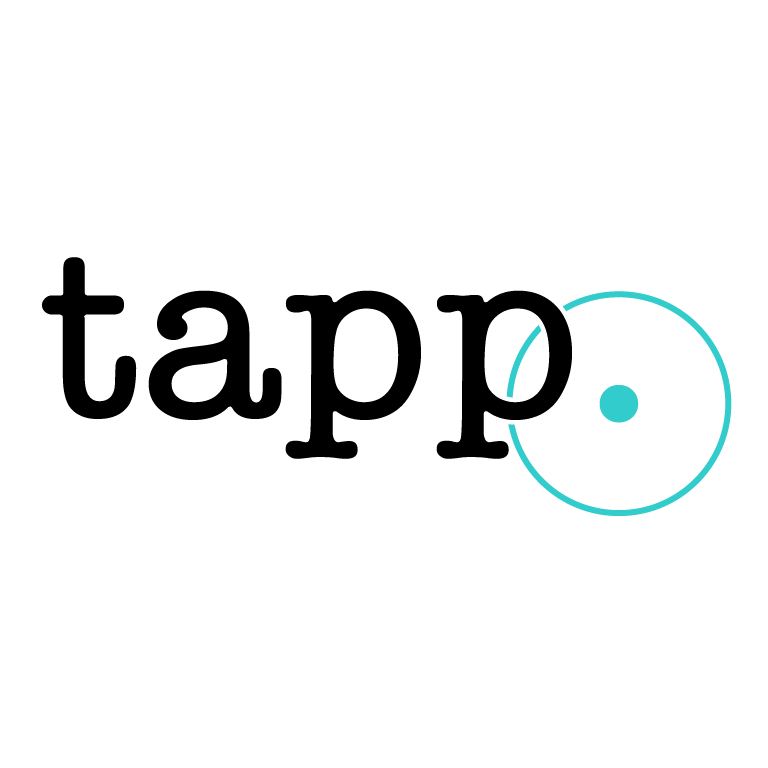

Chief Digital Officer

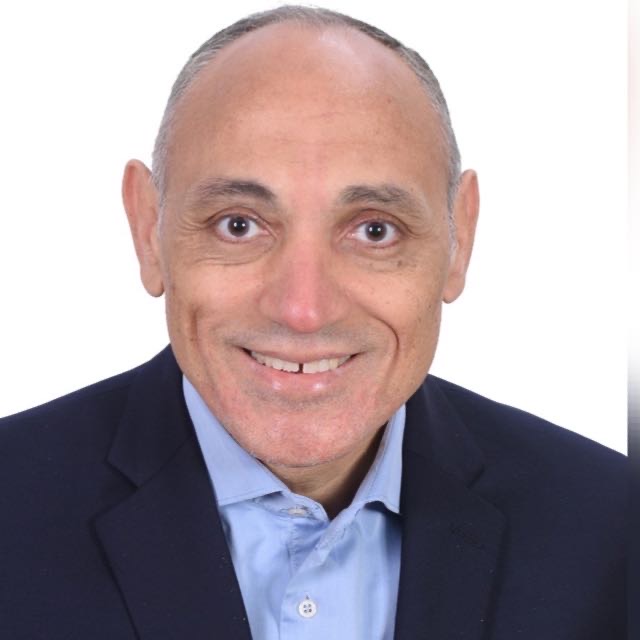
Chief Product Supply Officer
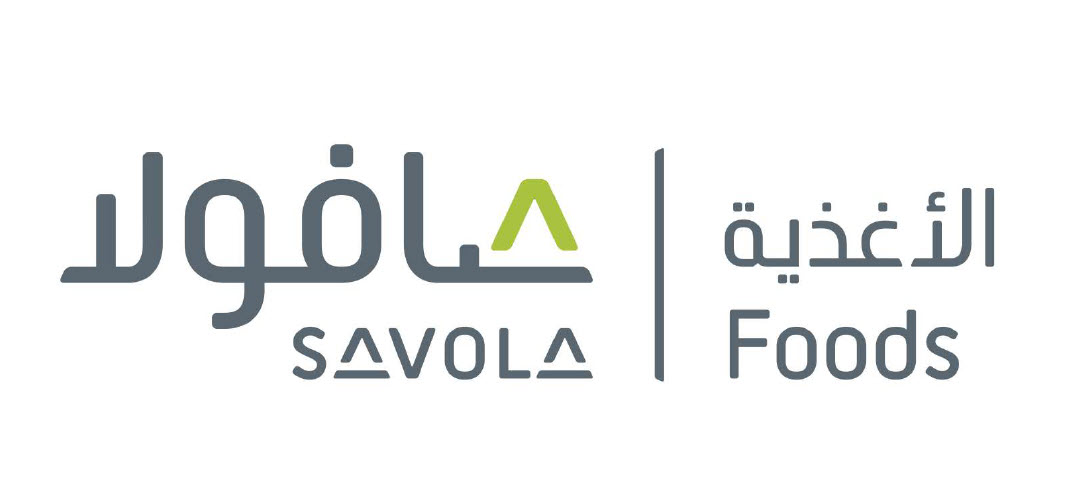

DPP Alliance Head


Senior Vice President Manufacturing & Head of Factory Digitalization
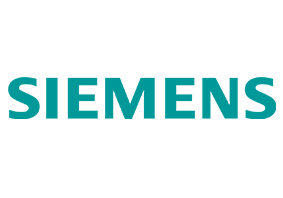
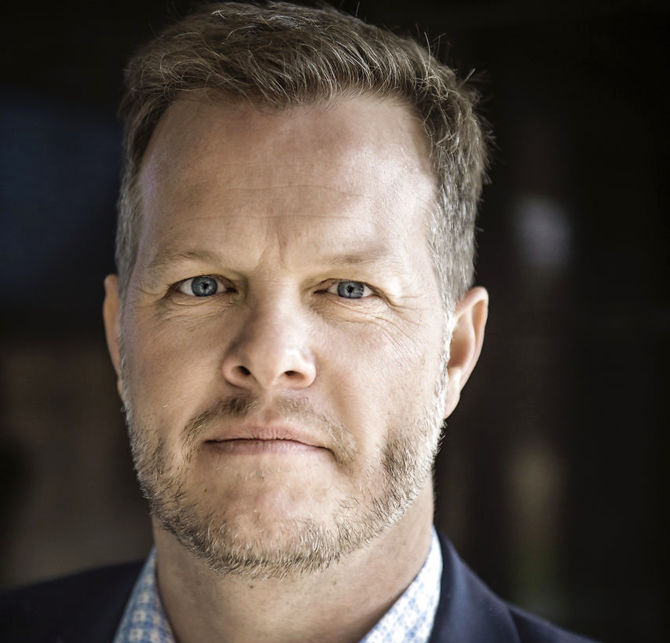
VP Operations – Moulding Production
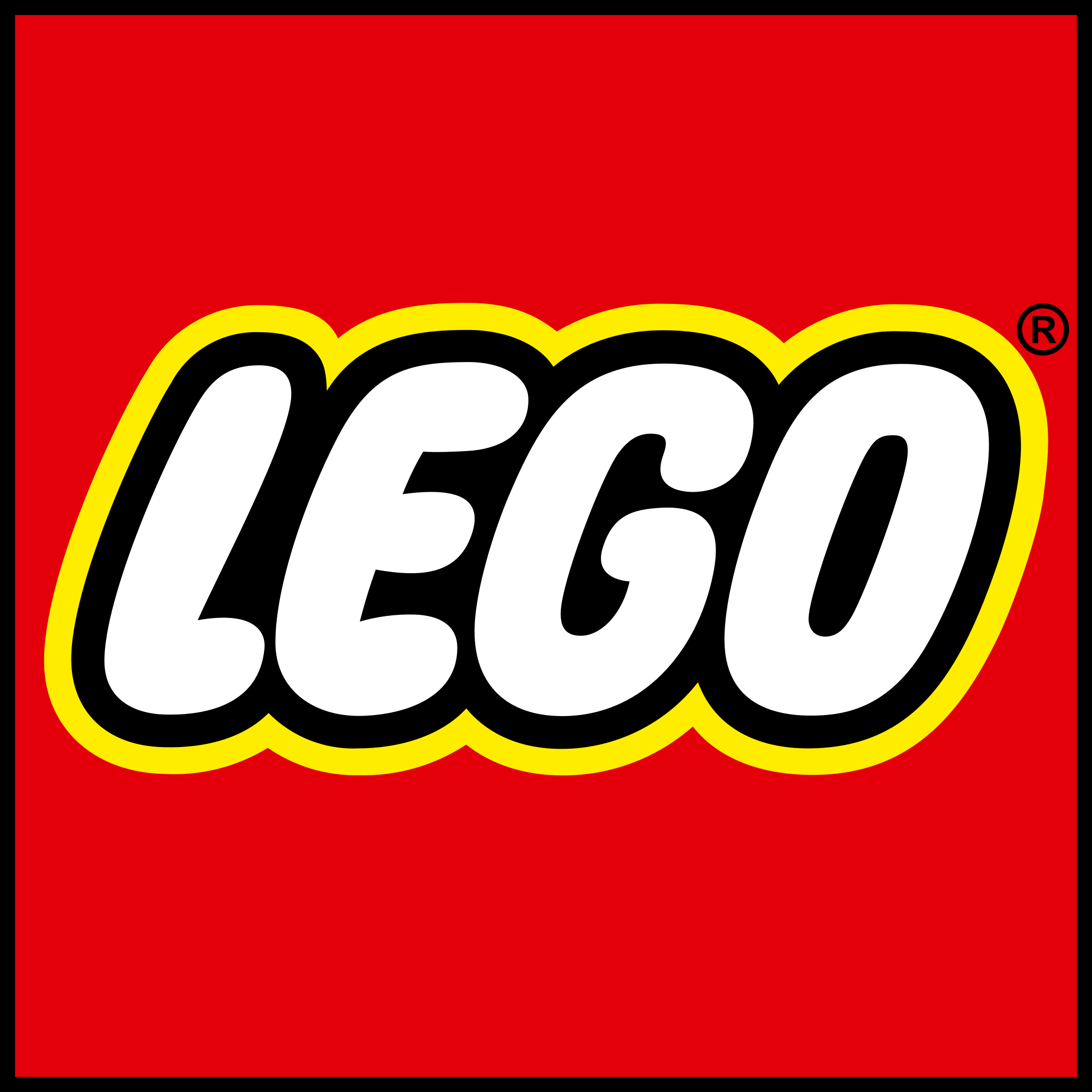
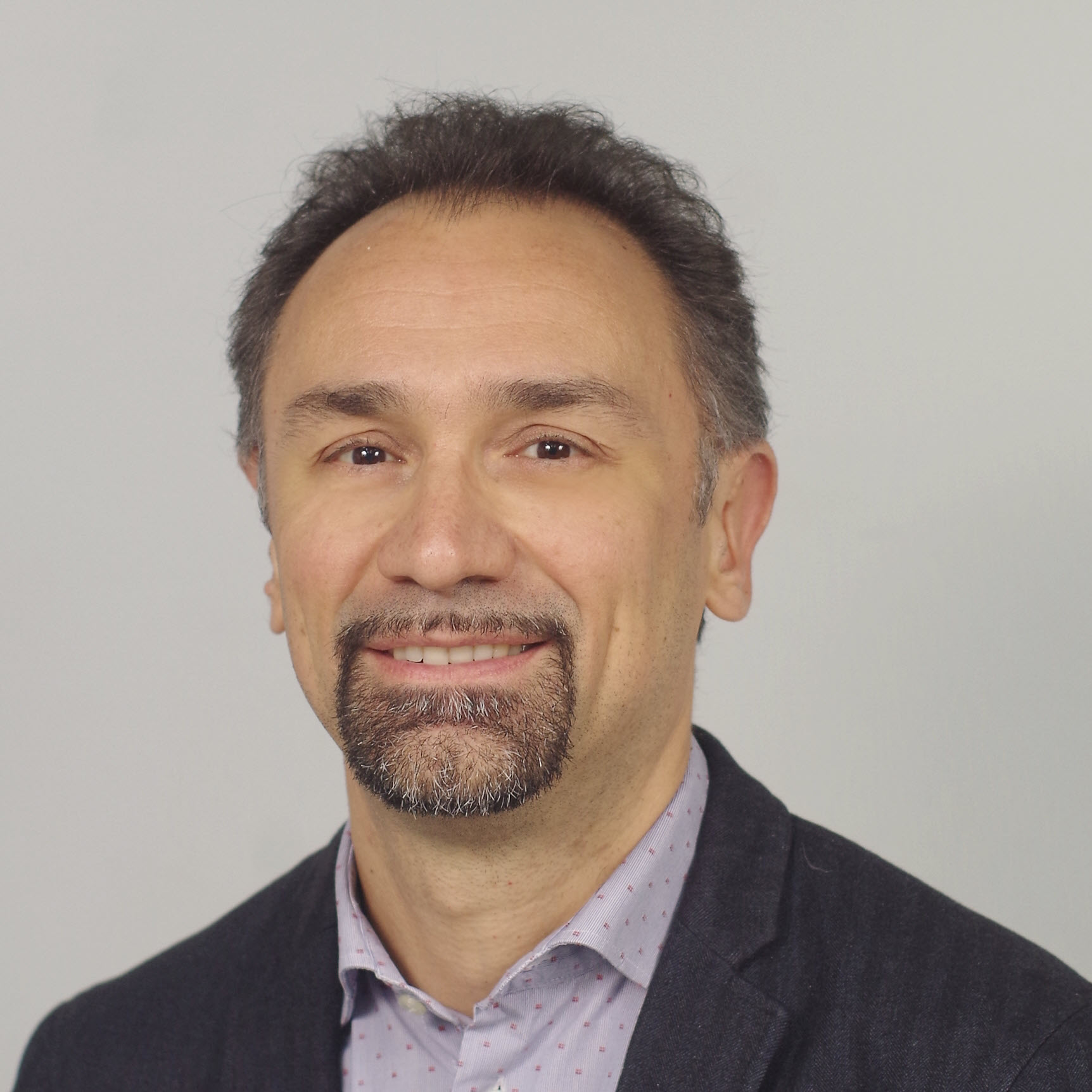
Vice President and Head of Modelling and Simulations (MBSE)

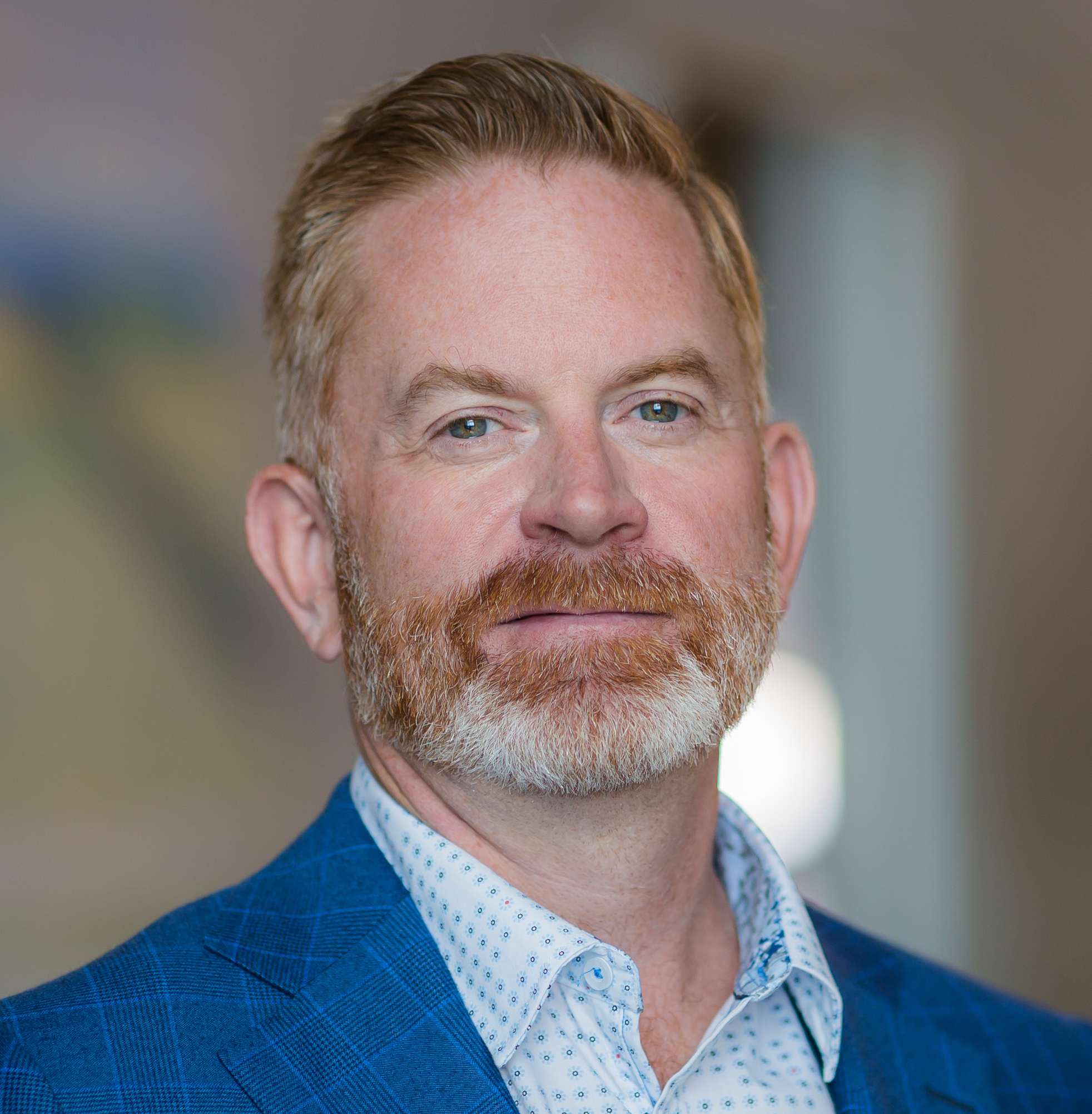
CIO
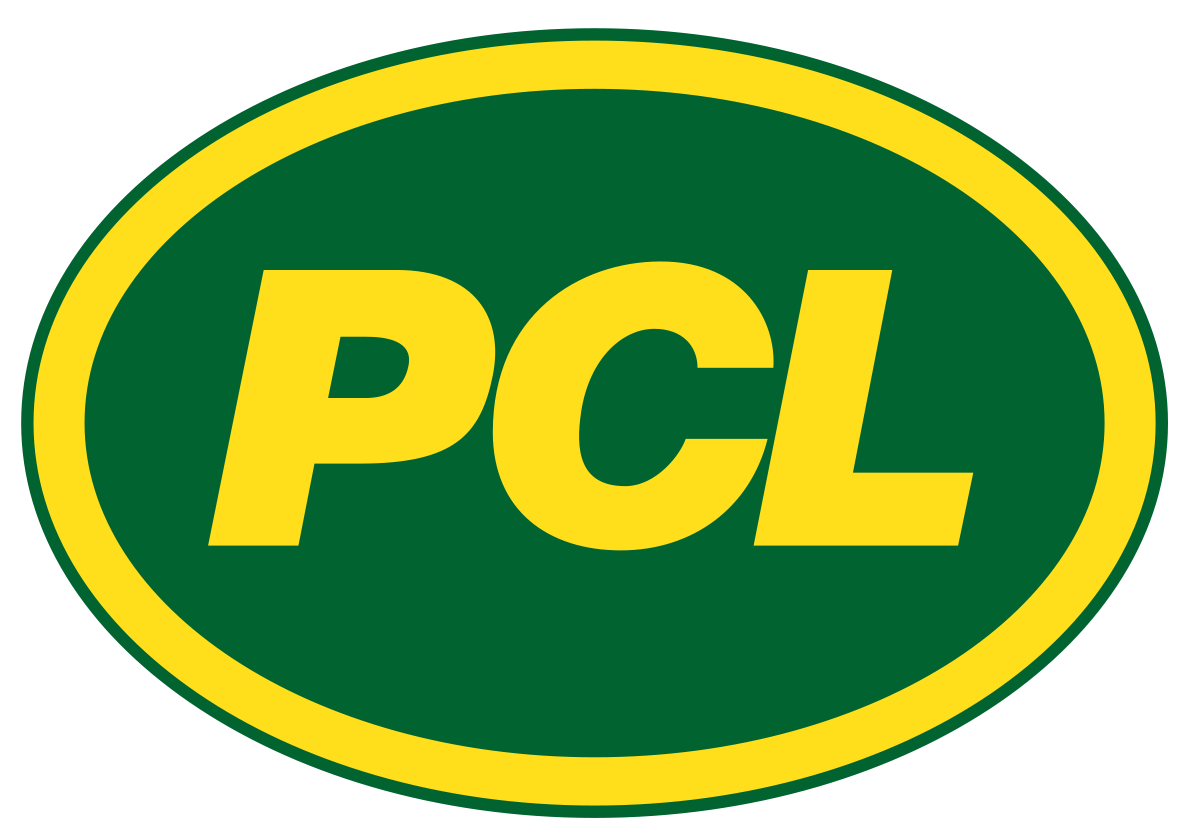
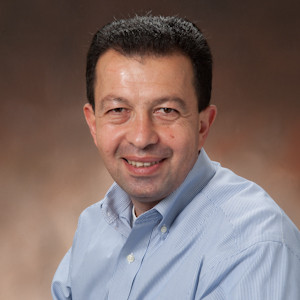
Senior Director, Product Supply Strategy & Management

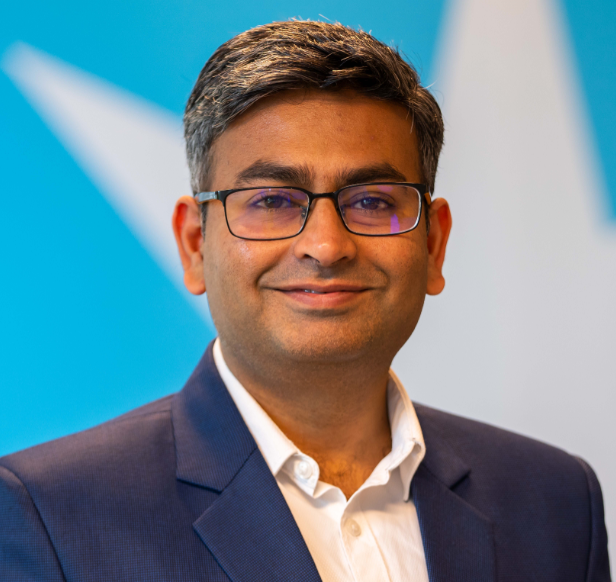
Engineering Leader – Digitalization and Decarbonization
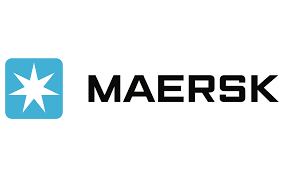

Chief Digital Officer


Lead Process Automation Engineer

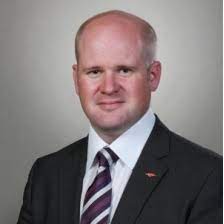
EMEAI Manufacturing 4.0 Director

Stresses on healthcare systems across Europe are threatening to push hospitals to breaking point. Healthcare demand is set to double in the next 15 years, whilst the number of healthcare workers will reduce, and these challenges have only been exacerbated by COVID-19.
In this session,Lucien Engelen, Global Strategic Healthcare Innovation Advisor, Laurentius MC, and HIMSS and Professor Shafi Ahmed, Consultant Colorectal Surgeon, Barts Health NHS Trust.
During this session, global experts will discuss some of the key shifts happening in the healthcare market and explore how providers, governments, and companies are building towards a longer term vision of ‘Health(care) Everywhere’ in which people and devices are orchestrated so that individuals can receive care beyond the medical facility – in their own homes and on the go.

Energy supplier Eneco aims to be climate neutral in 2035 and has built an IoT platform able to communicate with thousands of energy systems. Supporting district heat, solar and wind. The platform is a key enabler of Eneco’s environmental ambitions. The past three years, Eneco has developed and implemented this platform in the Dutch energy market. This session, geared towards business managers, will explore business cases, outcome and advice on how you can implement.
In this session, Edwin Postma, Corporate Enterprise Architect, Eneco Innovation and Architecture at Energy supplier Eneco will introduce “geared towards business managers”, will explore business cases, outcome and advice on how you can implement.

Toshiba has revamped its business operations, aiming to become a world-leading cyber-physical systems company.
In this session, Hiroshi Yamamoto, Corporate Vice President of Digital Innovation Technology Center and Corporate Digitization CTO, Toshiba Corporation will show three actual examples of digital transformation: development transformation, sales and business model transformation.
First, we talk about development transformation, aiming to reduce or eliminate system integrations for IoT development by applying development patterns.
Next, will talk about their sales transformation by sharing Toshiba SPINEX Marketplace, taking components for security, AI, remote monitoring, predictive analytics, and asset admin shell and turning them into new horizontal managed services, creating a new revenue stream.
Last, will talk about a “Virtual Power Plant” use case as an actual example of our business model transformation from hardware-sales to a subscription-based business model.

Operating around 120 factories all over the world, Siemens has traditionally been seen as the mastermind when it comes to digitalization in the manufacturing environment. Challenges in digital transformation of factories are enormous of course – be it a lack of scalability of digital solutions or rare collaboration between teams – which is why many organizations are not quite there yet. The crux? Siemens paved the way to success by manifesting a holistic approach across multiple factories around the globe.
In this session, Dr. Gunter Beitinger, SVP of Manufacturing & Head of Factory Digitalization at Siemens, will introduce you to the successful factory digitalization journey at Siemens from PoC to scaled holistic solutions. Get a glimpse of Siemens’ unique approach, discover key success factors for a sustainable digital transformation of factories based on scaling technologies, solution platforms and community exchange and explore the main digital use cases in Industrial Manufacturing.
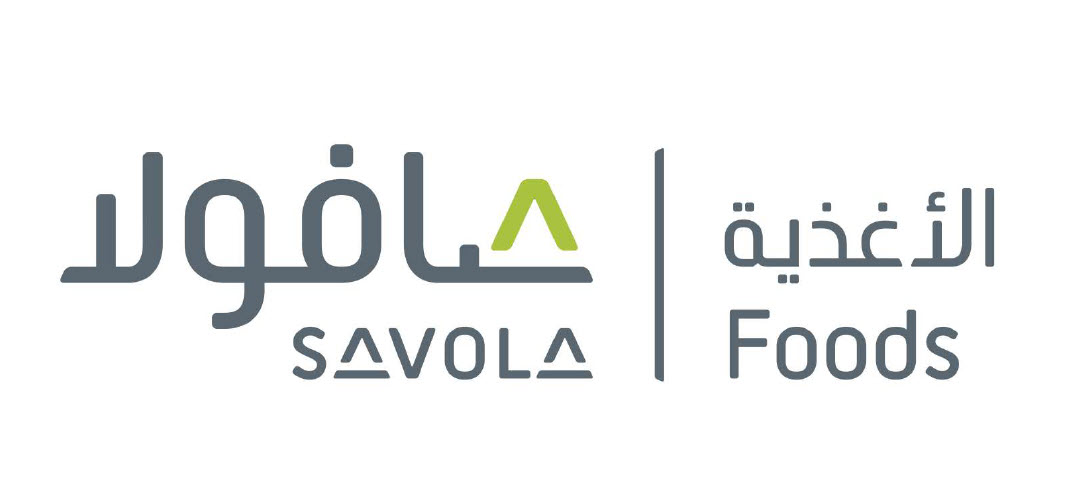
Food manufacturers are constantly challenged with producing consistent quality products to meet consumer tastes and demands, while aiming for waste and cost reductions, and also complying with ever-more restrictive food traceability regulations.
Sherif Gomaa, Chief Product Supply Officer at Savola Foods, together with other key players in the food manufacturing ecosystem, will discuss how IIoT-driven digital technologies are being leveraged to assist in these challenges and how they can be strategically adopted to add value and solve problems, going beyond Industry 4.0 and moving towards the Factory of Tomorrow.

The Town of Cary, part of the fast-growing Triangle area of North Carolina, is not your typical slow-moving municipal government. Cary has a history of innovation from transforming their government complex into a smart cities testbed to using robots to detect opioids in water systems. Cary took their startup mentality to new heights by joining the RIoT Accelerator Program (RAP) as the first government innovation team. Cary walked the talk and acted like a startup among a cohort of tech entrepreneurs. They are now among the first governments to deploy their own LoRA network for IoT applications.
In this session, Nicole Raimundo Coughlin , Chief Information Officer, Town of Cary, NC will share how Cary leveraged the program to transform how their IoT implementation team operates: Using a lean startup methodology, identifying market-driven problems in their community, and creating tech-based solutions to increase efficiencies and quality of life for residents.
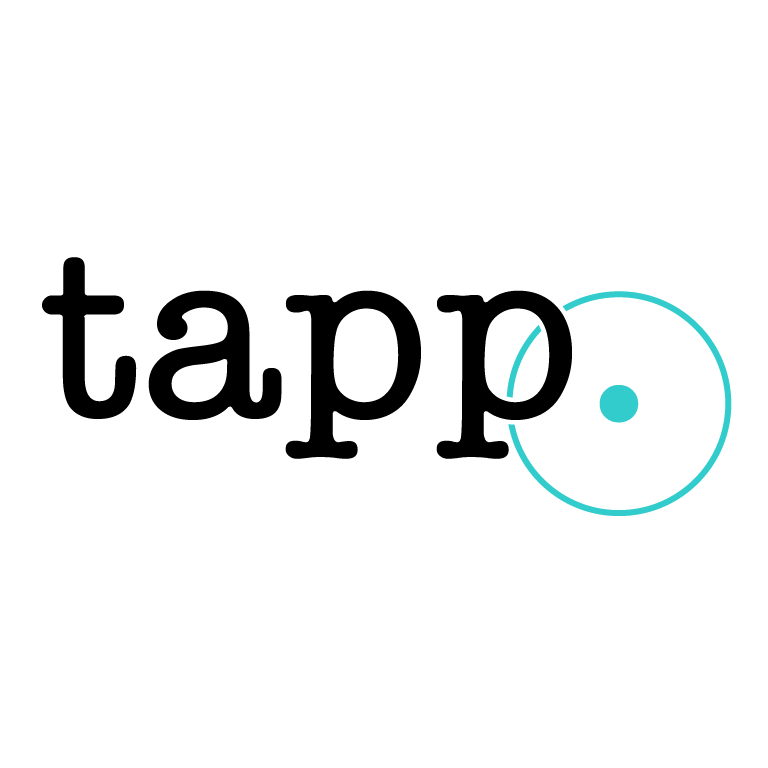
Uber, AirBnB and COVID have profoundly changed our cities faster than any authority could have predicted. IoT, AI and Edge Computing are already empowering future city makers to design, rapid-prototype and test solutions for 21st century city and citizens.
In this talk, smart city architect Tom van Arman will share some ground-breaking open source IoT & AI solutions that have been developed for the Amsterdam municipality to make a more resilient and inclusive city. This presentation will outline how you and diverse teams of developers can help future proof your own city with purposeful IoT.

Two years ago, Airbus launched its most important digital transformation program ever: DDMS which stands for Digital Design Manufacturing and Service. This very ambitious program will transform the way Airbus operates in the future, to ensure they continue to lead and pioneer the future of a sustainable aerospace sector.
New digital technologies, like MBSE, AI, surrogates models, semantic integration techniques, IoT, and digital twins, are playing a key and critical role in this journey, enabling new ways of working that were not even imagined just a few years ago. In this session, Airbus presents their vision on how they are integrating these new technological bricks to serve our digital transformation ambitions.

At Johnson & Johnson, the technology team’s mission is to ensure that they apply disruptive technologies in concert to help deliver stronger outcomes and generate more value for their stakeholders by making better decisions and working more productively.
With customer data and insights at their fingertips, technicians and engineers can do real-time troubleshooting by leveraging data analytics to address agility, speed, resiliency, and efficiency. They’ve now assumed a broader role of data analyst and consultant. This session will explore how this impacts the “workforce democratization” and will examine the hiring and training challenges it presents. Discover the support systems and tools J&J put into place to excel in this new model.

To make the most of data, it must be transformed into information, which then has to be transformed into intelligence. As companies seek to leverage data to improve profitability or boost operational efficiency, analytics makes it possible to gain insights into business areas previously out of reach.
In this session, Juha Pankakoski, chief digital officer at Konecranes will share how the Finnish crane-making company harnesses IoT, edge computing and data analytics to competitive advantage. Learn how they leverage the massive amounts of data generated through digitalized processes and connected products, and how they use this knowledge, around the clock, to make their customers’ operations safer and more productive, create new business models, and deliver greater value to their customers.

Volkswagen Group embarked on a multi-year collaboration to pioneer the creation of a digital production platform that is reinventing automotive manufacturing, supply chain, and logistics for Volkswagen and its brands.
By using IoT, machine learning, and sophisticated analytics to unlock data from machines and systems across all of their plants, Volkswagen continues to strengthen their production and ability to build cars more efficiently, for the benefit of their customers and the global environment. Through sustainable innovation across people, processes and technology, learn how Volkswagen have been able to unlock new insights and accelerate business value through new digital solutions that have further increased plant efficiency and uptime, improved production flexibility, and increased vehicle quality.

Maersk has been in the container shipping business for 115 years, privileged to be handling nearly 20 percent of the world’s cargo and generating more than USD39 billion in revenue annually. In recent years, the company recognized that to continue growing, it needed to go beyond simply moving goods around — it needed a digital strategy for providing its customers with integrated end to end solution, which would make Maersk an integrated logistics organization and not just a carrier.
This session will explore how IOT technology is a driving force behind the digitalization and transformation journey at Maersk, on a quest to provide their customers with increasingly sophisticated options for transporting sensitive items like food and medicine anywhere in the world.

Digital transformation is not a new imperative for business leaders, yet it remains a work in progress for most companies. Bühler Group is one company that has radically transformed its business, delivering impact through digitalization to revolutionize almost every aspect of the food, feed and mobility industries.
This session will spotlight Bühler’s journey, mapping out how they have deployed IOT, cloud computing and other innovative emergent technologies to completely re-engineer, automate and infuse intelligence across key business functions. Learn how they have used the power of digital to transform the physical aspects of their business and redefine the products they make, ultimately imparting more value for their customers and creating new levels of productivity, growth and sustainability.

As a construction leader, PCL takes on all types of projects across civil, industrial and building sectors, using its scale and expertise to complete some of North America’s most important and impressive projects.
The firm is also one of the most prominent innovators in its industry, leveraging emerging technologies to develop in-house solutions that routinely solve some of construction’s biggest problems. In his session, Mark Bryant, who was named 2019 ‘Canadian CIO of the Year’ will describe the journey that PCL has been on to become an agent of change, despite being in an industry that is typically slow to adopt digital transformation. Explore the range of jobsite IOT, site entry, logistics and AI solutions they have developed to increase productivity, efficiency, and safety at the worksite. In today’s world, digitalization is not an option, it is an absolute necessity. You are going to see a big difference between those companies that realize this and those that don’t.

There isn’t a person among us who hasn’t played with LEGOs at some stage in their lives. We pass on bags of LEGO bricks from generation to generation, yet the company still manufactures a whole lot of new LEGOs each year.
In fact, laid end-to-end, the number of LEGO bricks sold in 2021 would stretch to more than 21 times around the globe. One of the reasons for the company’s success is the constant innovation of its manufacturing process, at all levels of industry. This session will explore the opportunities and challenges faced by the Danish toymaker on their digital transformation journey, and the key lessons learned along the way. Discover the emerging technologies in place to take productivity and quality to the next level and hear the company’s plan to make LEGO bricks from sustainable sources by 2030 without compromising quality or safety.

